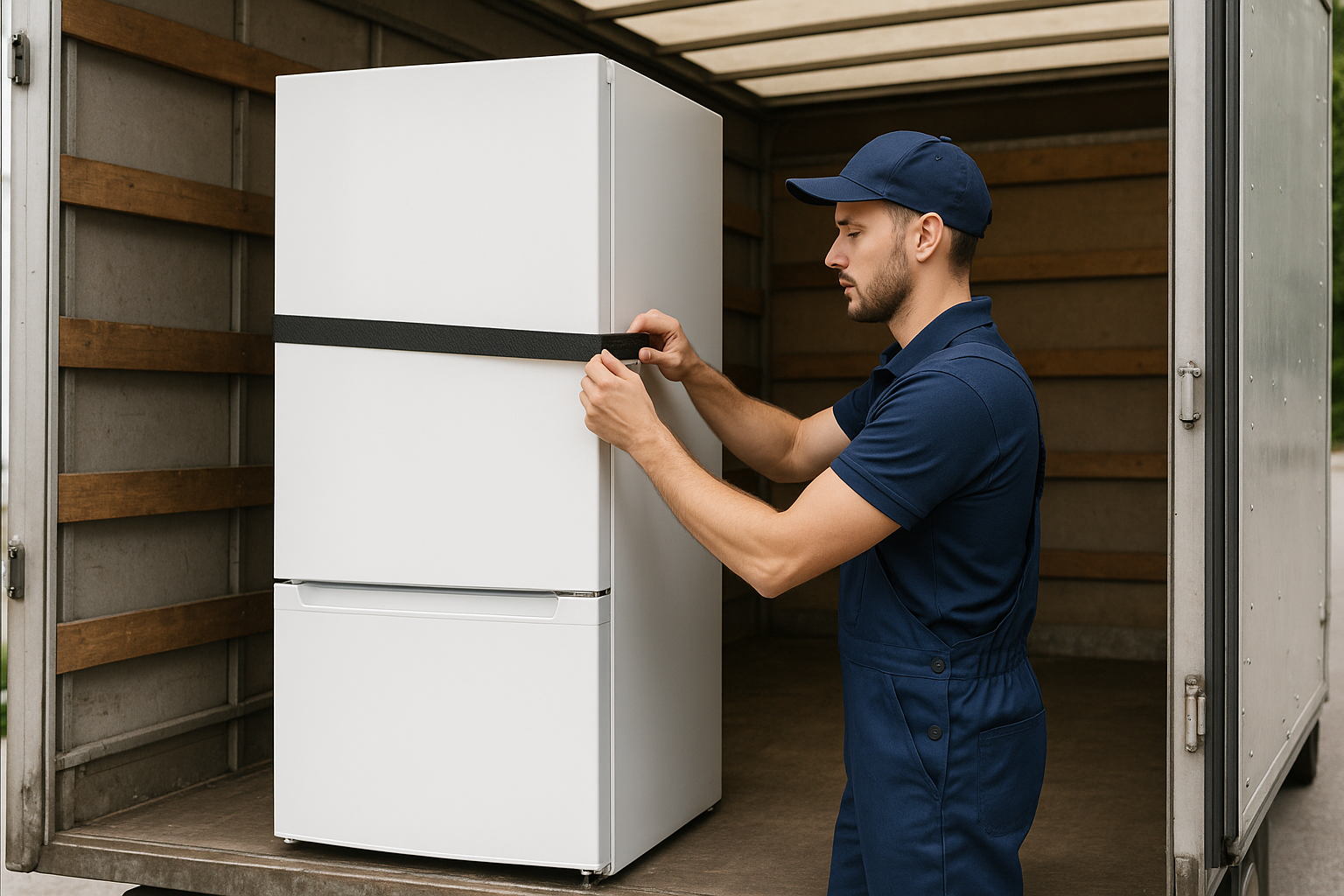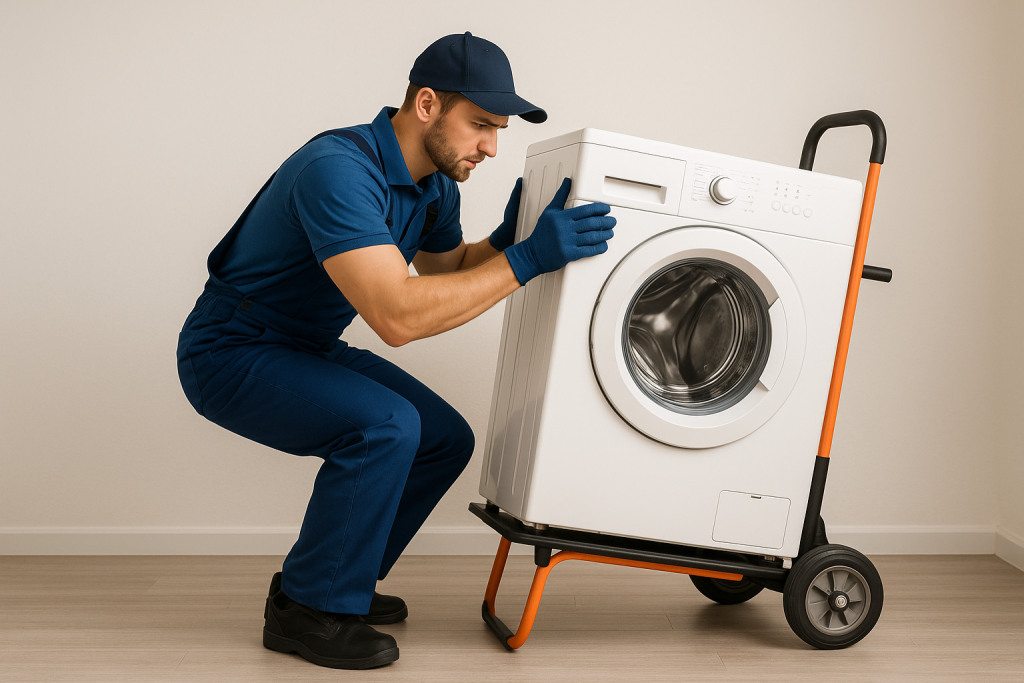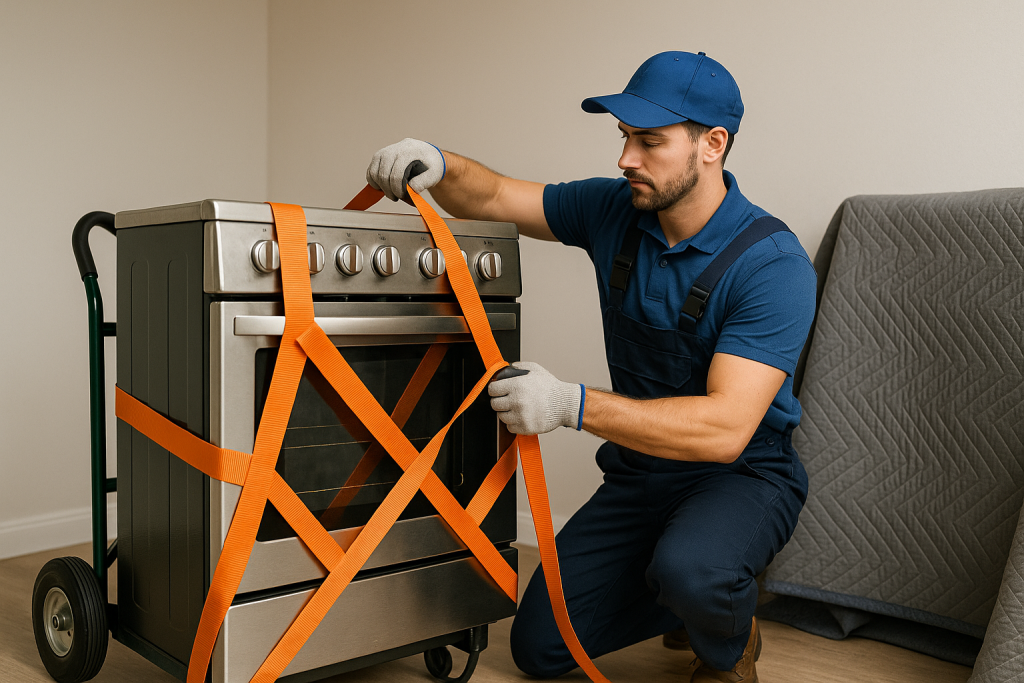How Much Do Yoga Teachers Charge Per Class in the UK?Exploring Yoga Teacher Pricing and Trends in Mornington, Australia
Yoga has become a global phenomenon, offering numerous physical and mental benefits to practitioners. With its growing popularity, the demand for certified yoga instructors has surged, leading to variations in the rates yoga teachers charge for their classes. If you’re curious about how much yoga teachers charge per class in the UK, you’re not alone. This article delves into the factors that influence the pricing of yoga classes, shedding light on key trends while also offering insights relevant to locations like Mornington, Australia.

Understanding Yoga Teacher Pricing in the UK
In the UK, the rates charged by yoga teachers can vary widely depending on a number of factors. On average, yoga teachers in the UK charge between £30 and £60 per class, though this range can fluctuate based on location, experience, and class format. It’s important to note that these rates are for in-person group classes, and private sessions or online classes may come at a premium.
1. Location Matters
Based on Bikram Yoga Mornington, just like any other service, the price of yoga classes can vary depending on where the class is held. In large cities such as London, Manchester, or Birmingham, yoga teachers may charge higher rates compared to smaller towns or rural areas. This is due to the increased cost of living, higher demand, and a more competitive market for yoga instructors in metropolitan locations. For example, yoga teachers in Mornington, Australia, might set different rates, influenced by factors unique to the region, such as local economy and yoga popularity.
2. Experience and Qualifications
A key factor in determining yoga teacher rates is experience. New instructors with limited teaching experience may charge lower rates to build up a client base. Conversely, highly experienced teachers with specialized certifications or a long-standing reputation can charge much more. In the UK, teachers who hold advanced certifications, such as those from Yoga Alliance, may charge higher rates due to the perceived value of their expertise.
3. Class Type and Duration
The type of class being offered is another factor that influences pricing. For instance, a typical 60-minute Hatha Yoga session may cost less than a 90-minute Vinyasa Flow or restorative yoga class. Specialized yoga classes, such as prenatal yoga or yoga for athletes, can often command higher prices because they cater to niche markets and require additional training or expertise.
Additionally, the duration of the class matters. While many yoga classes in the UK are around one hour long, some studios or instructors offer extended sessions lasting 90 minutes or more. Extended classes often come at a higher price due to the added time and preparation involved.
4. Private Sessions vs. Group Classes
Private yoga sessions are more expensive than group classes due to the personalized attention and tailored instruction that the teacher provides. In the UK, private sessions typically range from £50 to £100 per hour, depending on the teacher’s experience and location. Some teachers in Mornington, Australia, might also offer private sessions for individuals looking for one-on-one guidance, where rates can differ based on the market demand in that area.
Group classes, on the other hand, allow yoga teachers to instruct multiple students at once, making it a more cost-effective option for clients. Group yoga classes in the UK typically range from £10 to £20 per session, though this can vary depending on the teacher’s reputation and the studio’s location. For professional needs, go to Bikram Yoga Mornington.
What Are Yoga Teacher Prices Like in Mornington, Australia?
Though Mornington, Australia, is not in the UK, understanding how yoga teacher pricing works in a specific location can offer insights into trends within the broader market. In Mornington, Australia, yoga teachers might charge rates similar to those in regional areas of the UK, with prices typically ranging from AUD $15 to AUD $25 per class for group sessions. Private sessions in Mornington could range from AUD $60 to AUD $120 per hour, depending on the teacher’s qualifications and the services offered.
Yoga in Australia, much like in the UK, has experienced significant growth in recent years. With its emphasis on mindfulness, flexibility, and relaxation, yoga appeals to people of all ages and backgrounds. Mornington, a picturesque coastal town known for its relaxing atmosphere, is an ideal location for yoga enthusiasts, making it an attractive area for yoga teachers to set up shop.
Key Factors Influencing Yoga Teacher Pricing in Mornington
1. Local Market Demand
The demand for yoga in Mornington plays a significant role in determining pricing. If there is high demand for yoga classes in the area, teachers may increase their rates to match that demand. Conversely, if there are a lot of teachers competing for students, they might lower their rates to attract clients. Understanding this balance is essential for both instructors and potential yoga students looking to participate in the growing trend.
2. Seasonal Trends
In coastal towns like Mornington, there may be seasonal variations in the number of tourists and residents seeking yoga services. For example, during the warmer months, there might be an influx of tourists, which could lead to an increase in the number of yoga classes offered and, consequently, higher rates. In contrast, during the off-season, prices may drop slightly as local demand decreases.
3. Specialized Classes
Similar to the UK, specialized classes in Mornington might command higher rates. Teachers who offer unique or niche yoga styles such as yoga therapy, aerial yoga, or yoga for seniors may be able to charge more due to the specialized knowledge required. Additionally, workshops and retreats that take place in beautiful locations around Mornington can be premium-priced offerings for those looking to deepen their practice.
The Impact of COVID-19 on Yoga Teacher Pricing
The COVID-19 pandemic dramatically altered the landscape of yoga classes worldwide, including in the UK and Australia. With restrictions on in-person gatherings, many teachers began offering virtual classes, which affected pricing structures. Online yoga classes are typically less expensive than in-person sessions due to the lack of venue costs, but they may also be more accessible to a broader audience.
Some yoga teachers in the UK and Mornington, Australia, have maintained online offerings post-pandemic, allowing for more flexible pricing structures. Virtual group sessions can be priced lower than in-person classes, while private online sessions might still command a premium.
Conclusion: What Should You Expect to Pay?
When considering how much yoga teachers charge per class in the UK, expect rates to vary based on a number of factors, including location, experience, and class format. In larger cities like London, prices will likely be higher, while rural areas may offer more affordable options. In Mornington, Australia, yoga pricing tends to be influenced by similar factors, with rates typically ranging from AUD $15 to AUD $25 per class for group sessions.
Whether you’re looking for a relaxing yoga class to unwind or a specialized practice to enhance your skills, knowing what to expect in terms of pricing can help you make an informed decision. By keeping these trends in mind, both yoga teachers and students can navigate the yoga landscape more effectively and ensure a fulfilling experience.




